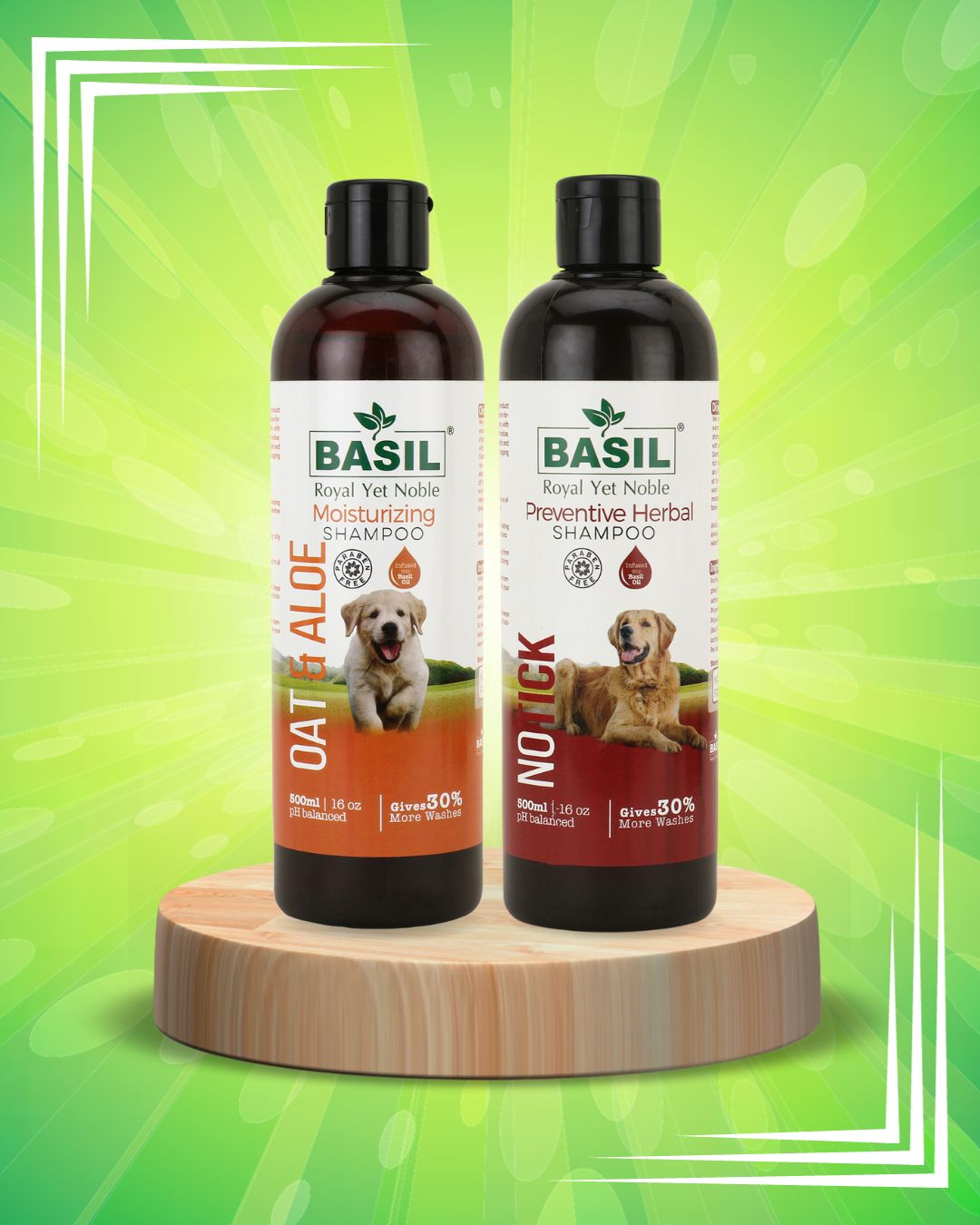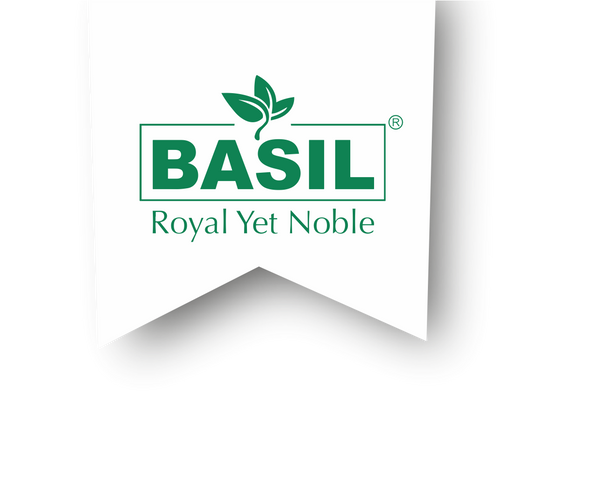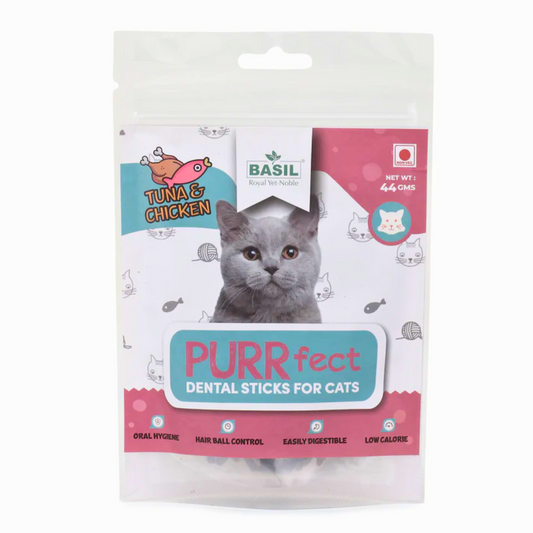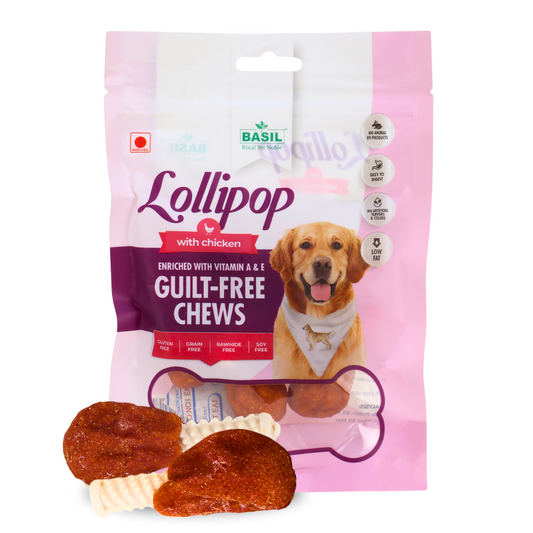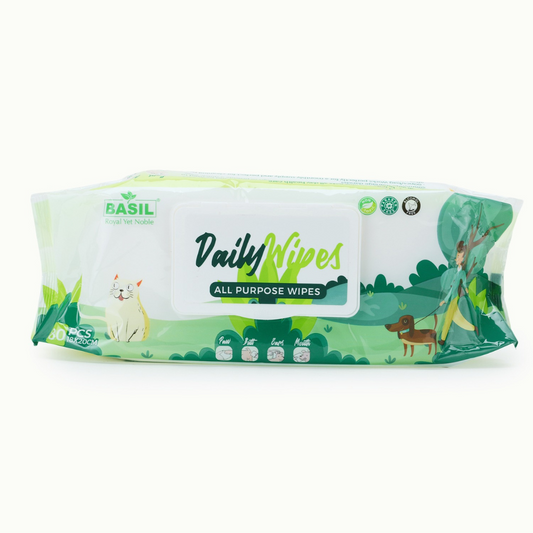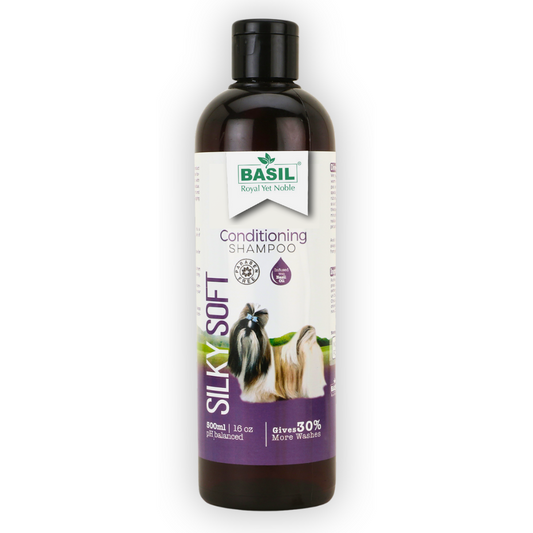
HEALTHY FOOD FOR PUPPIES ABOVE 3 MONTHS
Share
As a responsible pet owner, it's important to ensure that your puppy is getting the right nutrition for their age, weight, and height. Here are some healthy food options for puppies above 3 months:
HIGH-QUALITY PUPPY FOOD THAT IS SPECIFICALLY FORMULATED FOR THEIR AGE AND BREED
- Look for foods that feature real meat as the first ingredient, providing the protein puppies need to grow and thrive.
- Check the label to make sure that the food contains a balance of vitamins and minerals, such as calcium for strong bones and teeth and DHA for brain development.
- Consider your puppy's breed when selecting food, as different breeds have different nutritional needs. For example, large-breed puppies require a lower-calorie diet to prevent joint problems later in life.
- Pay attention to your puppy's individual needs and adjust their food accordingly. If your puppy is particularly active, it may need more calories than a sedentary puppy of the same breed and age.
By selecting a high-quality puppy food that is specifically formulated for their age and breed, you can help ensure that your furry friend grows up healthy, happy, and strong.
FRESH VEGETABLES SUCH AS CARROTS, GREEN BEANS, AND SWEET POTATOES (COOKED AND MASHED)
Including fresh vegetables in a puppy's diet is a great way to provide them with essential vitamins and minerals that they need to grow and stay healthy. Here are some additional tips to consider when feeding vegetables to your furry friend:
- It's important to cook the vegetables before feeding them to your puppy. Raw vegetables can be difficult for puppies to digest and may cause digestive issues.
- When preparing the vegetables, make sure to mash them up or chop them into small pieces to make them easier for your puppy to eat.
- While carrots, green beans, and sweet potatoes are all great options, there are plenty of other vegetables that can be beneficial for puppies as well, such as broccoli, spinach, and pumpkin.
- As with any new food, it's important to introduce vegetables slowly into your puppy's diet and monitor their reaction to ensure they don't experience any adverse effects.
LEAN SOURCES OF PROTEIN SUCH AS CHICKEN, AND FISH (COOKED AND DEBONED)
Including lean sources of protein in a puppy's diet is essential for their growth and development. Here are some additional points to consider when feeding your puppy:- It's important to cook the protein thoroughly and remove any bones before feeding it to your puppy. This can help prevent choking or digestive issues.
- Chicken, turkey, and fish are all great sources of lean protein, but be sure to vary your diet to include other sources such as beef, lamb, or eggs.
- When feeding fish, opt for low-mercury options such as salmon, trout, or tilapia. Avoid feeding your puppy raw fish or fish with bones, as this can pose a choking hazard.
- Keep in mind that protein should make up about 25-30% of your puppy's diet. Be sure to also include carbohydrates and healthy fats to ensure a balanced diet.
- Consult with your veterinarian to determine the best diet for your puppy based on their breed, age, and individual needs.
SMALL AMOUNTS OF FRUITS SUCH AS APPLES AND BANANAS (CUT INTO BITE-SIZED PIECES)
Adding fruits to your puppy's diet can be a healthy way to provide them with important nutrients. Here are some additional tips to keep in mind as you introduce fruits to your puppy's diet:- Always cut fruits into small, bite-sized pieces to avoid choking hazards.
- Stick to fruits that are safe for dogs to eat, such as apples and bananas. Avoid grapes, raisins, and other fruits that can be toxic to dogs.
- Remember that fruits should only be given in small amounts as treats, not as a replacement for a balanced diet.
- Monitor your puppy's reaction to the new addition to their diet. Some dogs may have sensitivities or allergies to certain fruits. If you notice any signs of discomfort or digestive issues, consult with your veterinarian.
With these tips in mind, you can safely incorporate fruits into your puppy's diet and provide them with a range of important nutrients.
LOW-FAT DAIRY PRODUCTS SUCH AS PLAIN YOGURT AND CHEESE (IN MODERATION)
Incorporating low-fat dairy products into their diet can be a great way to provide essential nutrients while keeping their calorie intake in check. Here are some benefits of including plain yogurt and cheese in your puppy's diet:- Calcium: Dairy products are a great source of calcium, which is essential for building strong bones and teeth in puppies.
- Protein: Puppies need protein to support their growth and development. Low-fat dairy products such as plain yogurt and cheese can provide a good source of protein without excessive amounts of fat.
- Probiotics: Plain yogurt contains live and active cultures, which can help regulate the digestive system and boost your puppy's immune system.
